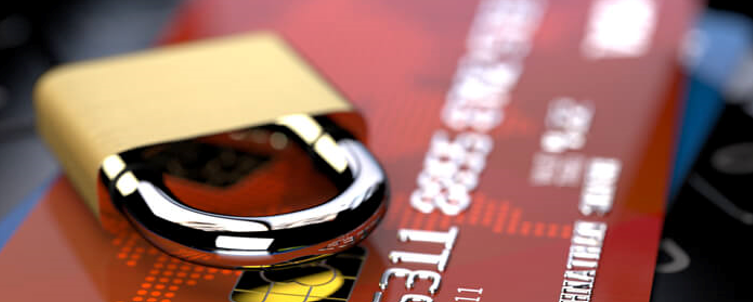|
Matters Pecuniary ... credit cards, banking, debt management, |

Federal student loan repayment, collections, & interest accrual suspension extended
Until May 1, 2022, student loan borrowers are not required to make payments on their loans. Interest will not be accrued during this time period. In addition, during this repayment suspension, collections attempts cannot be made. Who qualifies for student loan relief This particular relief offered by the federal government only applies to federal student loans. However, during COVID, lenders have been generous. So, it’s possible that the owner of your private student loan can offer you some form of payment relief. If you’re unsure who your private student loan lender is or don’t know how …







